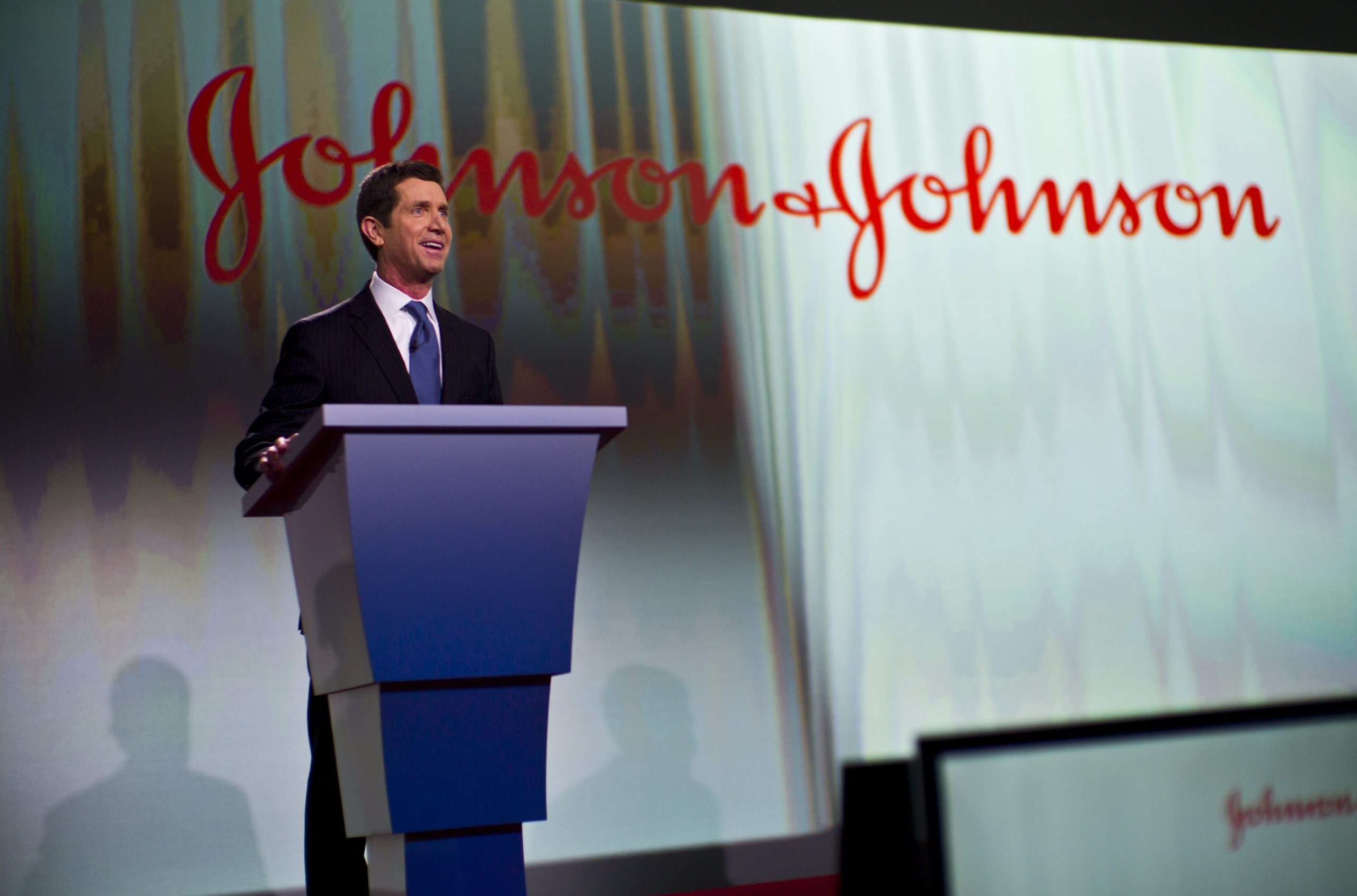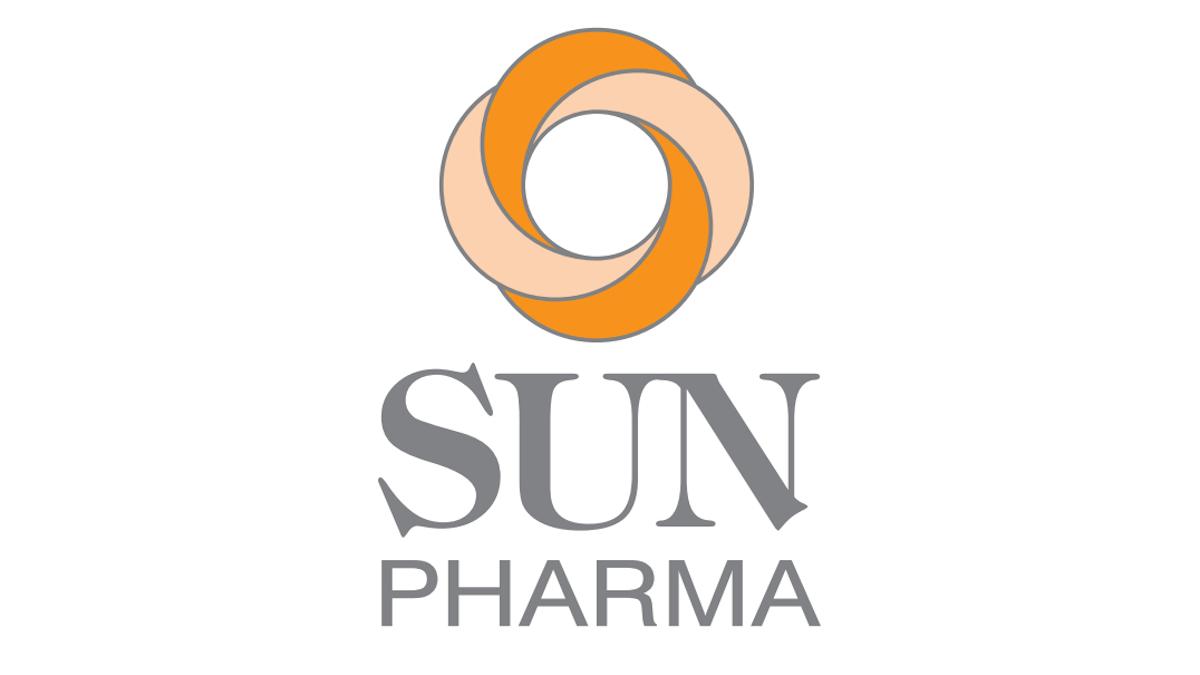J&J looks to Actelion to boost sales after poor Q1

Johnson & Johnson is hoping its new acquisition Actelion will help stave off the effects of a price squeeze in the US, and a cheaper biosimilar of its bestseller, Remicade.
In Q1 results, sales of key three key drugs disappointed, with blood thinner Xarelto, diabetes medicine Invokana and prostate cancer drug Zytiga becoming affected by price pressures.
The pressure from US payers, driven by a political backlash in the build-up to last year’s presidential elections, has taken the steam out of some J&J’s most important drugs.
Sales of Invokana slumped 16.8% compared with last year’s Q1 to $247 million, Zytiga fell 14.3% to $233 million, and Xarelto was down 9.5% to $513 million.
Pfizer’s biosimilar of rheumatoid arthritis and inflammatory diseases drug Remicade has only been on the market since October and according to the figures has not yet had a significant impact.
But Pfizer’s biosimilar is expected to begin making a serious dent in Remicade’s performance over the coming years.
In the US, Remicade sales fell 2.4% compared with the last year’s Q1, to $1.18 billion. US exports were down 29% to $165 million, as biosimilars are becoming established in other markets, and worldwide sales fell 6% to $1.67 billion.
In some European countries, where Remicade is marketed by MSD, the drug has been almost wiped from the market because of biosimilars.
J&J has stumped up around $30 billion for Switzerland’s Actelion, which already has big-selling drugs approved for the rare disease pulmonary arterial hypertension (PAH).
Although the US patent has expired on Actelion’s older PAH blockbuster Tracleer, it has managed to get several new drugs approved to treat the disease, and analysts expect sales of Opsumit, Uptravi and Veletri to grow in the coming years.
The Actelion acquisition is expected to close in the second quarter, and J&J has increased its sales guidance to between $75.4 billion and $76.1 billion.
J&J also increased its earnings outlook to $7 to %7.15 per share, ahead of analysts’ expectations of $7.05 per share.
President Donald Trump is expected to produce legislation tackling high drug prices, and has said the pharma industry has been “getting away with murder” on pricing.
in February J&J released a “transparency report” showing US prices rose 3.5% in 2016 after discounts.
CEO Alex Gorsky said: "Johnson & Johnson's first-quarter results are in line with our expectations and we are confident we will achieve the full-year financial guidance we established at the beginning of the year."












